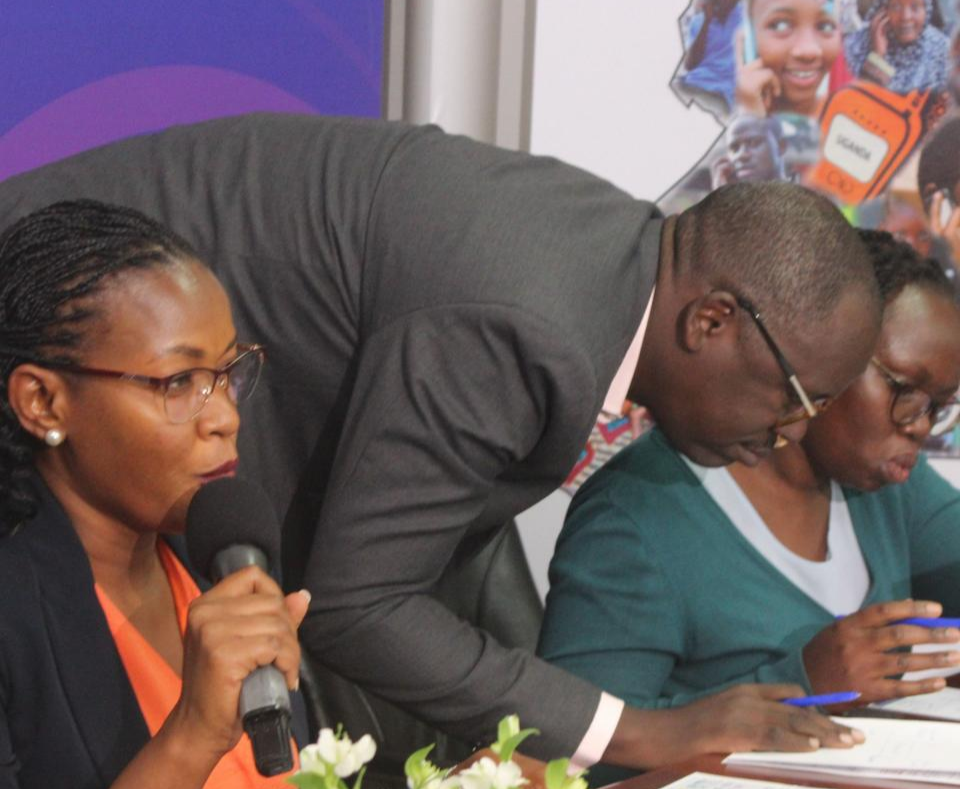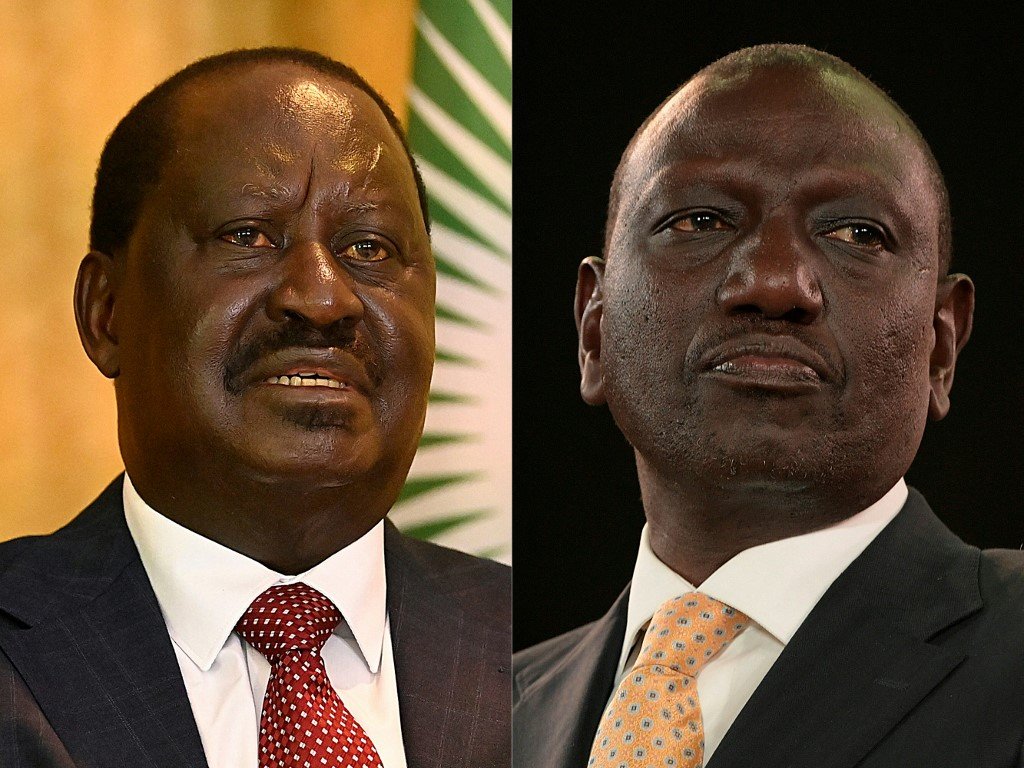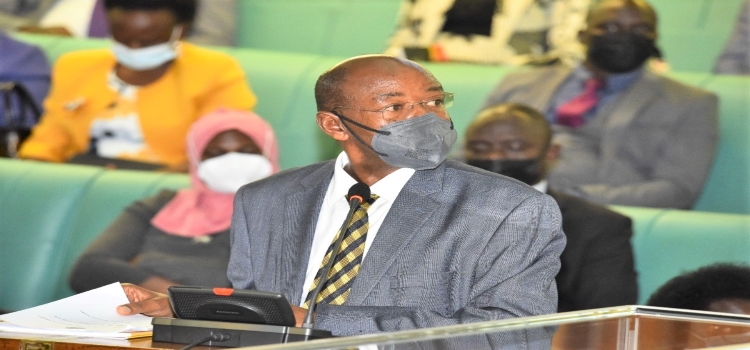Friday 12 August, Kampala: As countries across the world celebrate International Youth Day, Twaweza is releasing new data on the challenges and opportunities for young Ugandans in starting and running businesses.
These findings were released by Twaweza to mark International Youth Day in a brief titled On the move?
Young people’s views on doing business in Uganda. They are based on data from Sauti za Wananchi, Africa’s first nationally representative high-frequency mobile phone survey.
The findings are based on data collected from 1,597 young people (aged 18 to 34) and 2,900 respondents across Uganda between 15 January and 7 February 2022.
Young Ugandans are less likely to own businesses than older citizens: four out of ten (41%) citizens under 35 have owned a business in the previous five years, compared to five out of ten (51%) older citizens. Similarly, fewer young citizens (18%) than older citizens (25%) currently own a business.
Despite this, young people are confident about their financial skills. Eight out of ten young Ugandans (79%) agree or strongly agree that they can manage financial records. Most (68%) also say they have little difficulty managing and investing their money, and half (50%) say they understand financial instruments such as bonds and contracts.
Three out of four young people (76%) set aside money regularly, while one outof four (25%) say they immediately spend any money they get. The majority of young Ugandans (56%) say they follow a careful monthly budget, and the same number (56%) say they always have some money available in an emergency.
Just one out of five (19%) say they live only for today and let tomorrow take care of itself.
Young business owners are a little more likely than older business owners to say that their business is currently growing (38% of young business owners, 35% of older business owners). But both groups share similar views on the wider business environment with half saying doing business in Uganda is easy or normal (51% of young business owners, 48% of older business owners).
Young people are aware of the many forms of support they need to sharpen their entrepreneurial skills.
At the top of the list is support with developing business ideas (57%) and help with access to finance (54%). Other popular responses include support with preparing a business plan (42%), training in marketing and communications (34%) and training in financial literacy and management (28%).
Almost nine out of ten young Ugandans (86%) name start-up capital as the main thing they would need to start or run a business. This is followed by a suitable space to run the business (69%), financial literacy or management skills (54%), access to inputs (37%) and affordable inputs (32%).
Similarly, most young people in Uganda (87%) would spend a hypothetical cash gift of UGX 3,500,000 on starting a business, followed by investing in farm activities (66%).
Yet, young Ugandans are aware of the possible sources of finance for their businesses and point to a number of different potential sources.
The most widely cited are savings groups and / or village savings and loan associations (VSLAs; 37%) and banks (35%). Savings and credit cooperative organisations (SACCOs; 26%), family (23%) and friends or neighbours (20%) are also widely named.
Ugandans under 35 are also in part aware of government programs to provide support for youth livelihoods.
Seven out of ten young people (69%) are aware of the Emyooga initiative, though just two out of ten (22%) can name the initiative without prompting. Three out of ten (32%) are aware of the Youth Livelihoods Program, including one out of ten (13%) who can name the initiative unprompted.
One out of six young people (16%) report participating in Emyooga, around half of whom (7%) named it as the most useful youth empowerment initiative. A much smaller proportion of youth have participated in the Youth Livelihoods Program but all of them name it as the most useful such initiative.
Violet Alinda, Country Lead for Uganda at Twaweza added: “These data clearly show that there is untapped potential for entrepreneurship among young Ugandans since fewer of them own businesses compared to older Ugandans. Young people have some of the skills and knowledge they require to
manage their finances. They are aware of major constraints to starting and running businesses as well as government and other initiatives to support youth businesses. Young people are specifically asking for support in accessing capital and building their business skills. Given the current economic crisis, the food shortages and global economic contraction, these data highlight a great opportunity. If the government can improve the design of and awareness around livelihoods and financing initiatives, young Ugandans
are ready to play their role in economic transformation.”
Do you have a story in your community or an opinion to share with us: Email us at Submit an Article









